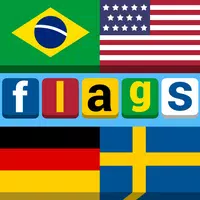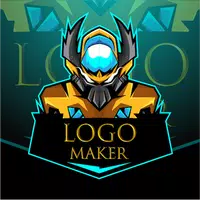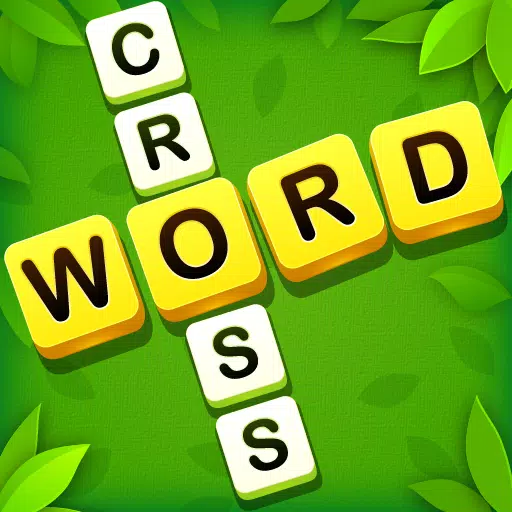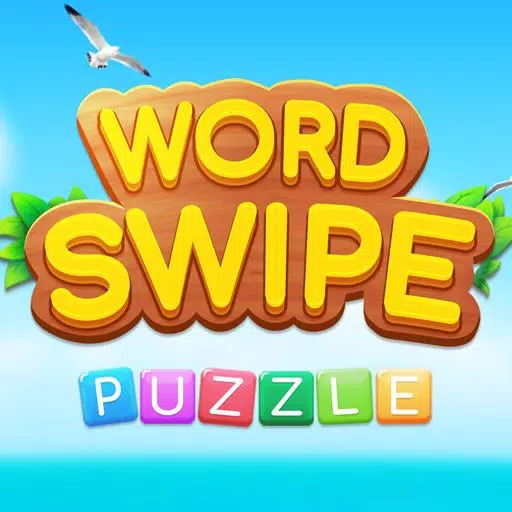EA Is Dealing the Final Blow to Origin, and Taking Some Users With It
EA's Origin app, launched in 2011 as a competitor to Steam, is finally being replaced by the EA app. This transition, however, comes with significant drawbacks. The clunky user experience and frustrating logins that plagued Origin persist in its successor. More critically, users risk losing access to their purchased games if they don't actively transfer their accounts from Origin to the new EA app. This is a major concern for players who may have invested significant time and money in their Origin libraries.
Adding to the complications, the EA app only supports 64-bit operating systems, leaving 32-bit users in the lurch. While Steam also dropped 32-bit support earlier this year, the impact on users is undeniable. Although unlikely for recent PC owners, some users, particularly those with older Windows 10 installations, might be affected. A simple RAM check (32-bit systems are limited to 4GB) can help determine if this is a concern. If a 32-bit system is detected, a complete system wipe and 64-bit OS reinstallation will be necessary.
This transition highlights the precarious nature of digital game ownership. Losing access to purchased games due to platform changes or outdated hardware is a frustrating reality for many gamers. This isn't unique to EA; Valve's abandonment of 32-bit support on Steam presents a similar issue.
The increasing prevalence of invasive DRM solutions, such as Denuvo, further complicates matters. These DRM systems often require deep system access and impose arbitrary installation limits, regardless of legitimate purchase.
A potential solution is to support platforms like GOG, which offer DRM-free games. GOG's model ensures that purchased games remain accessible on any compatible hardware, indefinitely. While this approach presents a risk of increased software piracy, it also allows for a more secure and enduring form of digital ownership. The upcoming release of Kingdom Come: Deliverance 2 on GOG demonstrates that this model remains viable for new game releases.
-
1
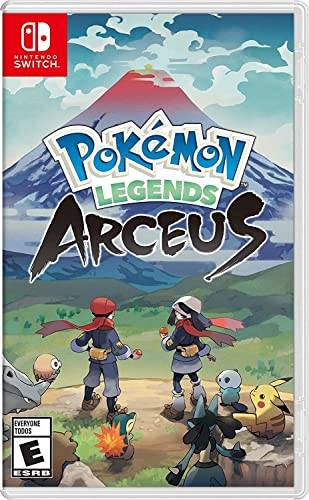
Every Pokémon Game on the Nintendo Switch in 2025
Feb 25,2025
-
2
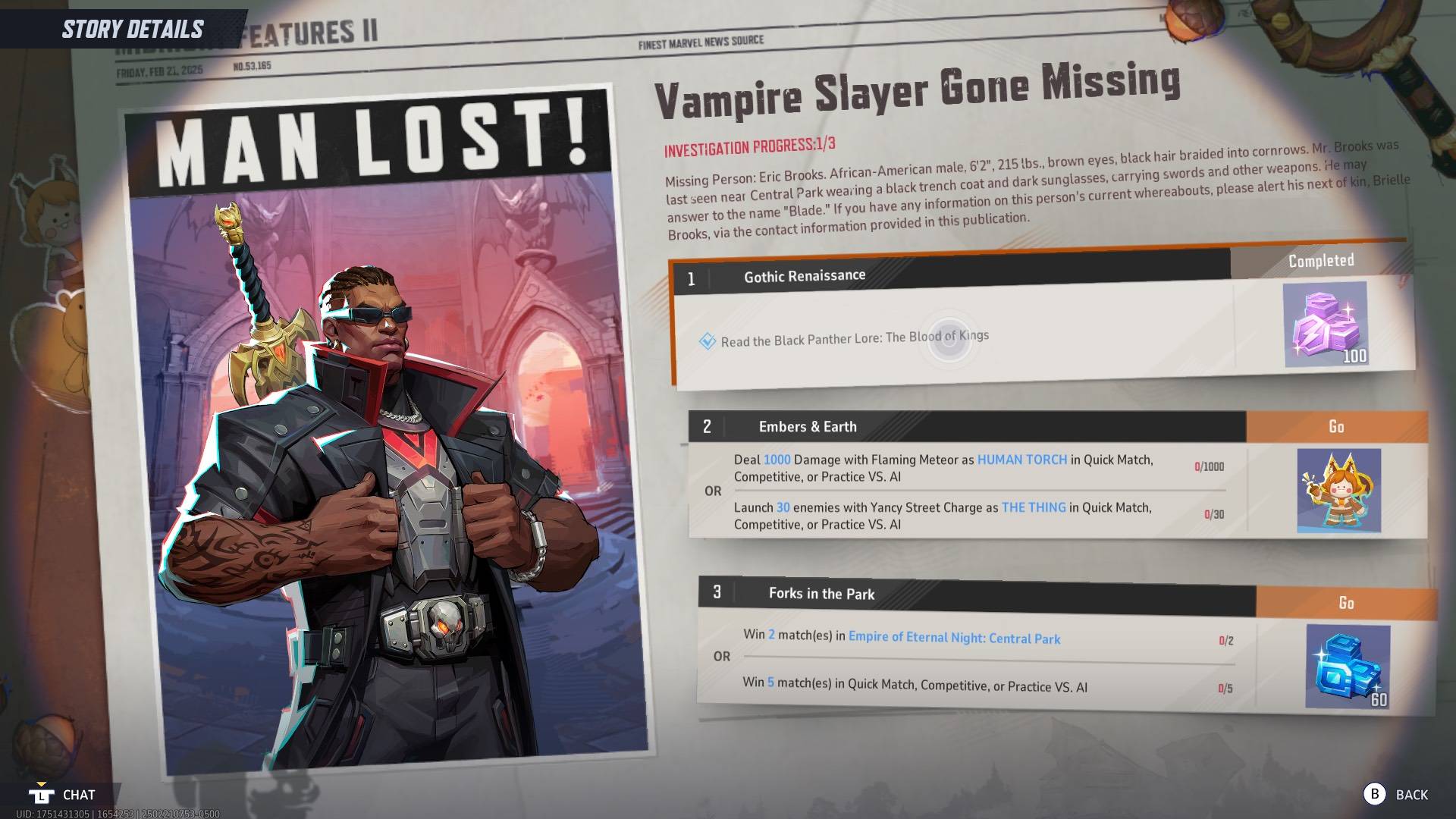
How To Read Black Panther Lore: The Blood of Kings in Marvel Rivals
Mar 01,2025
-
3
![Anime Vanguards Tier List – Best Units For Each Gamemode [UPDATE 3.0]](https://images.gzztb.com/uploads/35/17376012656791b0f12fa1c.jpg)
Anime Vanguards Tier List – Best Units For Each Gamemode [UPDATE 3.0]
Feb 27,2025
-
4
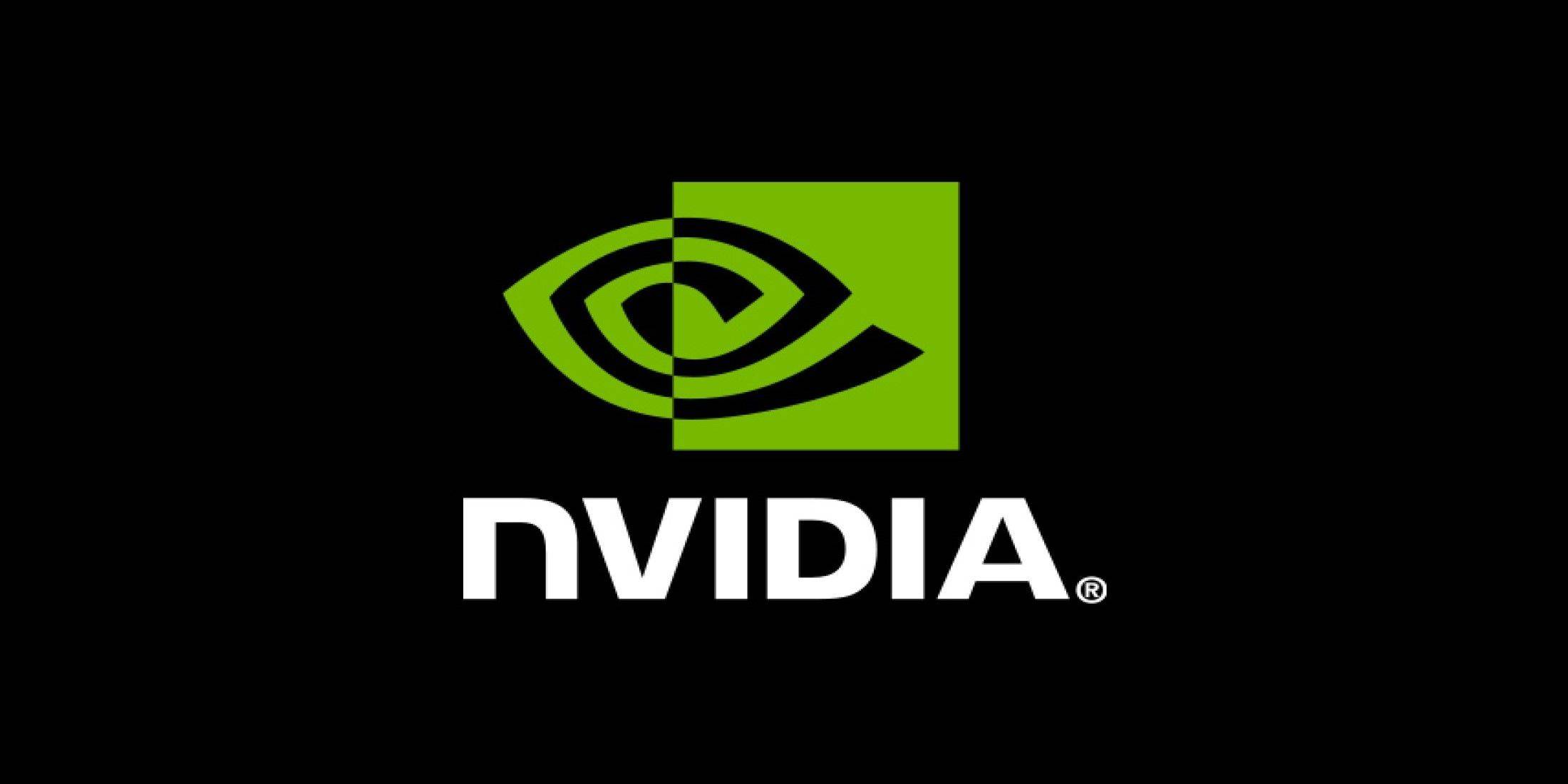
Nvidia RTX 5090 Specs Leak: Rumor Confirmed?
Mar 14,2025
-
5
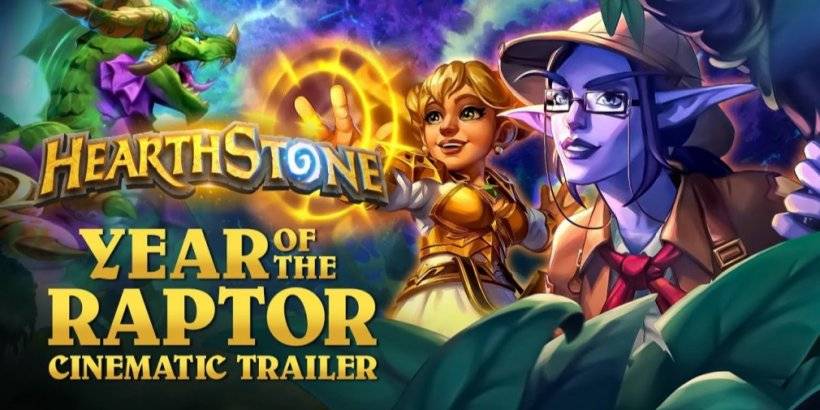
Hearthstone has kicked off the Year of the Raptor with a myriad of new content
Mar 16,2025
-
6
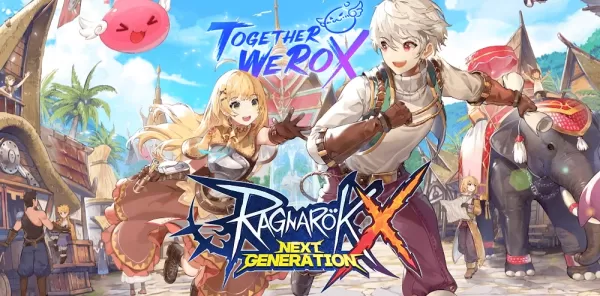
Ragnarok X: Next Gen - Complete Enchantment Guide
May 25,2025
-
7

McLaren Returns to PUBG Mobile Collaboration
Aug 27,2024
-
8

January 15 Is Suddenly a Big Day for Call of Duty: Black Ops 6 Zombies Fans
Feb 20,2025
-
9
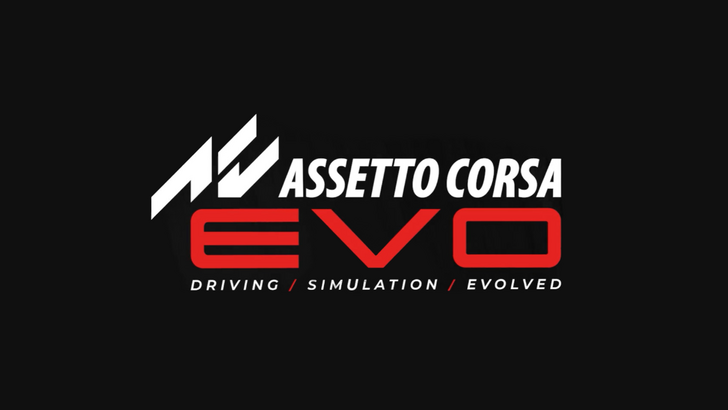
Assetto Corsa EVO Release Date and Time
Jan 05,2025
-
10
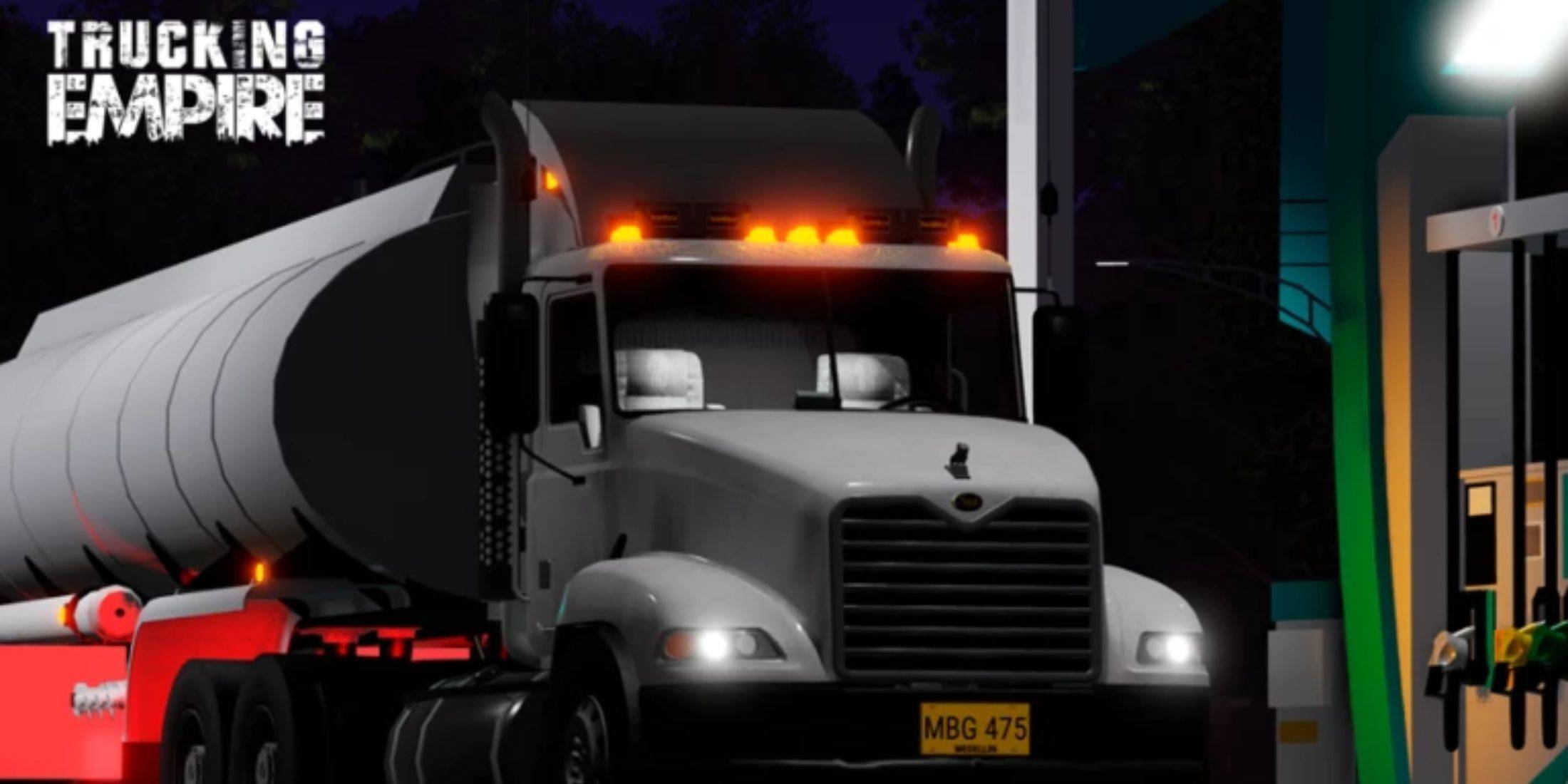
Roblox: Trucking Empire Codes (January 2025)
Mar 05,2025
-
Download

DoorDash - Food Delivery
Lifestyle / 59.30M
Update: Apr 23,2025
-
Download

Niramare Quest
Casual / 626.43M
Update: Feb 21,2023
-
Download

The Golden Boy
Casual / 229.00M
Update: Dec 17,2024
-
4
POW
-
5
Gamer Struggles
-
6
Mother's Lesson : Mitsuko
-
7
Poly Pantheon Chapter One V 1.2
-
8
How To Raise A Happy Neet
-
9
Dictator – Rule the World
-
10
Strobe






